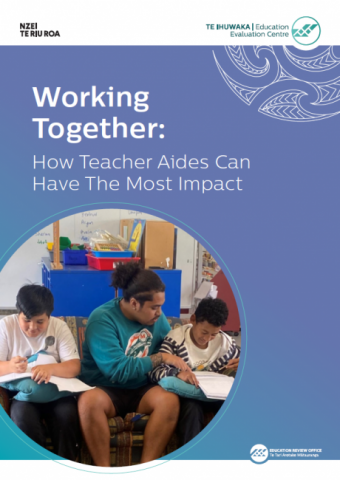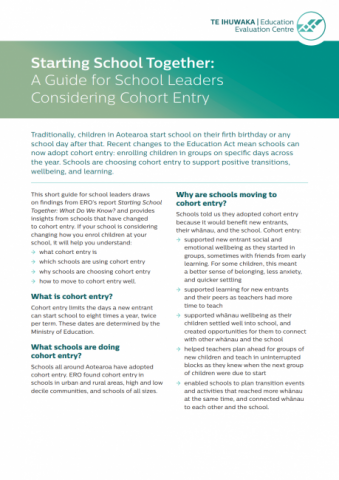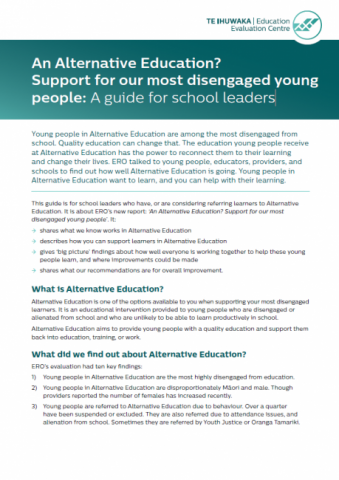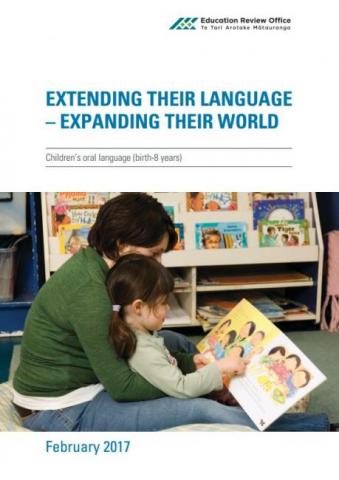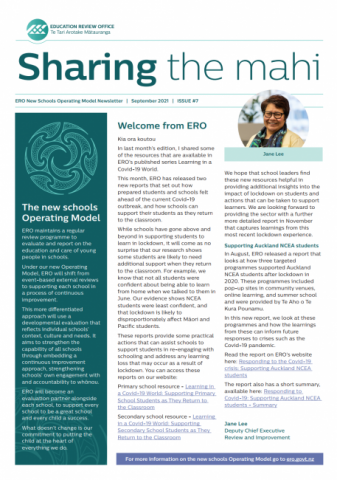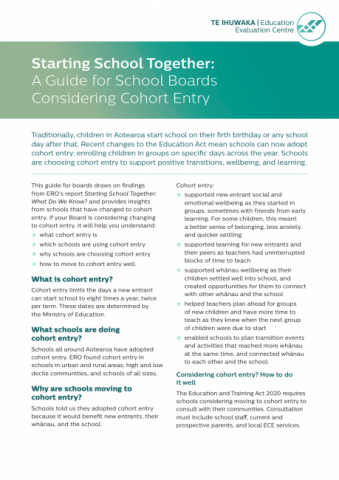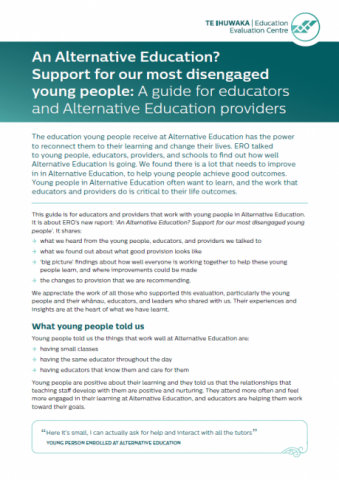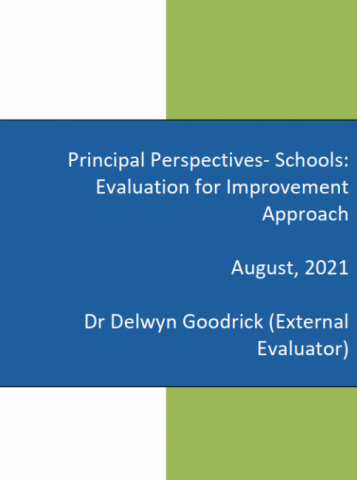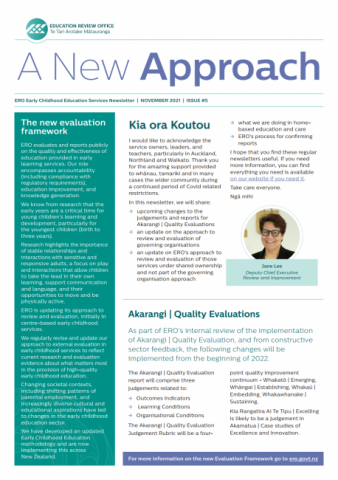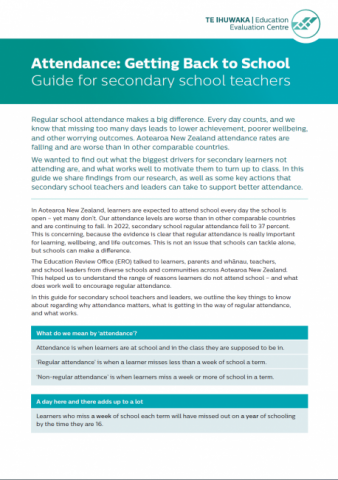Questions we are asking
Published: 06 Apr 2021
When it comes to education evaluation, we are answering questions in supporting system performance, initiatives – building our understanding of what works and promoting good practice.
- Audience:
- Academics
- Early learning
- Education
- Parents
- Schools
- Content type:
- Basic page
